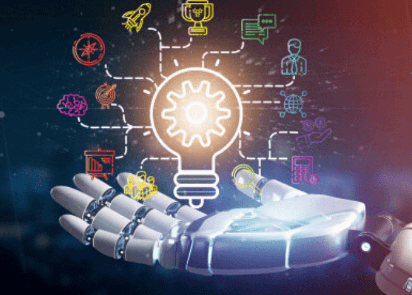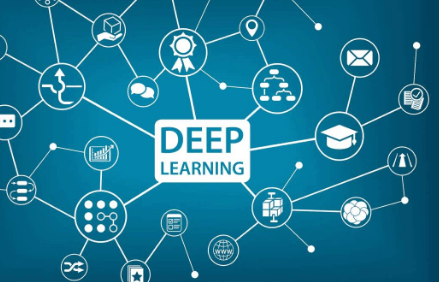Smart Cities: The Role of Technology in Urban Evolution

The integration of advanced technologies into urban environments has significantly transformed city management and infrastructure. Innovations such as IoT sensors, data analytics, and autonomous systems enable real-time monitoring and more efficient resource allocation. While these developments promise increased sustainability and improved quality of life, they also introduce complex challenges related to privacy, security, and equitable access. Understanding the balance between technological potential and societal implications is essential as cities evolve through digital transformation.
Harnessing IoT and Data Analytics for Smarter Urban Management
How can Internet of Things (IoT) devices and data analytics revolutionize urban management? They enable real-time monitoring and optimized resource allocation, fostering efficiency.
However, privacy concerns and data security risks pose significant challenges. Balancing technological innovation with QR code integration and individual freedoms requires rigorous safeguards, ensuring data integrity while allowing cities to evolve into smarter, more autonomous environments.
Autonomous Transportation and Its Impact on City Mobility
Autonomous transportation systems are rapidly transforming urban mobility by introducing self-driving vehicles and intelligent traffic management, which have the potential to significantly reduce congestion and improve safety.
These advancements enhance pedestrian safety by minimizing human error, while dynamic routing algorithms optimize traffic flow, alleviating congestion and granting city dwellers greater freedom through more efficient, safer travel options.
Green Infrastructure and Sustainable Technologies in Urban Development
Green infrastructure and sustainable technologies are increasingly integral to urban development strategies, aiming to mitigate environmental impacts and enhance resilience. Urban greening initiatives, combined with renewable energy integration, foster ecological balance and reduce carbon footprints.
These measures empower cities to pursue sustainable growth, offering innovative pathways for environmentally conscious urban living while maintaining the freedom to evolve adaptively.
Challenges and Opportunities in Implementing Smart City Solutions
Implementing smart city solutions presents a complex array of challenges and opportunities that directly influence urban sustainability efforts. Key issues include safeguarding urban privacy amid data collection.
Addressing the digital divide, which risks marginalizing populations. These factors necessitate careful policy design to ensure equitable technology deployment, fostering urban resilience while respecting individual freedoms.
See also: Navigating the Future of Internet Regulation
Conclusion
As smart city initiatives continue to evolve, they gently reshape urban landscapes through sophisticated technologies, fostering enhanced efficiency and sustainability. While these advancements present promising opportunities, careful navigation of privacy, security, and equity considerations remains essential. Thoughtful policy frameworks can guide this transformation, ensuring that technological progress harmonizes with societal values. Ultimately, the ongoing integration of innovative solutions promises a future where urban living becomes more resilient, inclusive, and attuned to the complex rhythms of modern life.





